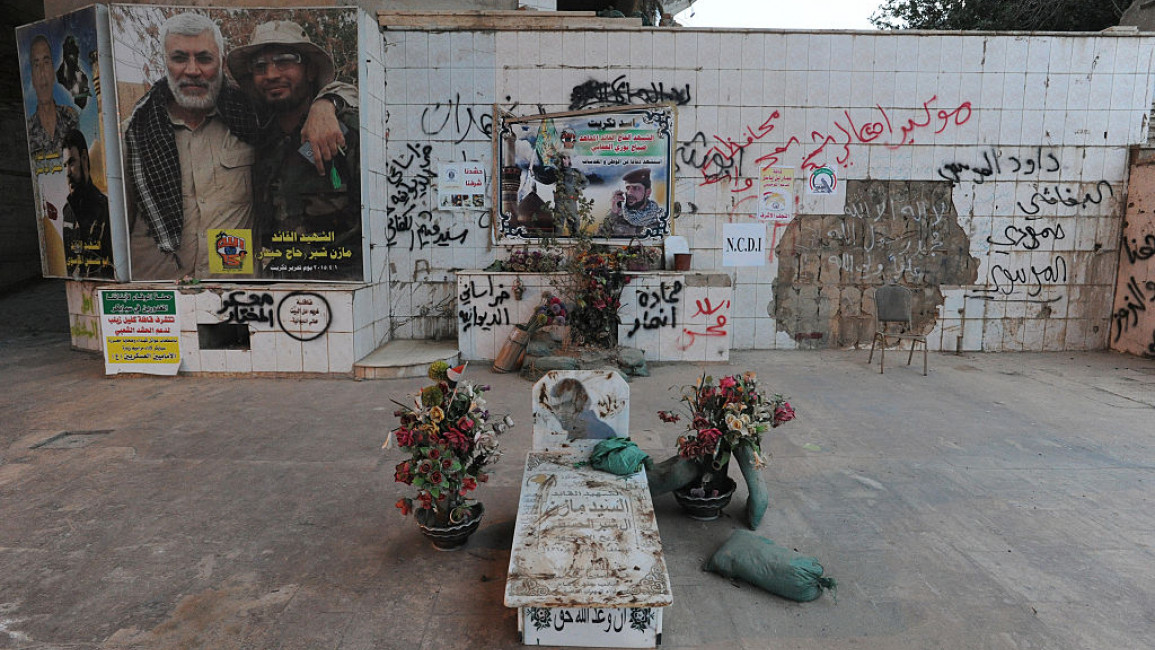Iraqi court sentences nine to death over horrific 2014 Speicher massacre
An Iraqi court on Sunday sentenced nine people to death for their involvement in the 2014 Speicher Massacre when Islamic State group militants killed an estimated 1,700 unarmed Iraqi army cadets and other military personnel.
The Supreme Judicial Council of Iraq said in a statement that the Iraqi Central Criminal Court had issued the death sentences.
The accused had "confessed their participation in committing the Speicher crime and killing a number of innocent people in the summer of 2014, according to terrorist plans while [Salah Al-Din] province was under the control of IS gangs", according to the body.
The massacre took place on 12 June 2014 when IS attacked the Camp Speicher military base in Tikrit, the capital of the north-central Iraqi province of Salah Al-Din. Hundreds of unarmed military cadets, many of whom were trying to flee the area, were captured by the militants.
Video footage released later by IS showed militants killing the cadets, many of whom were tied up, before dumping their bodies in the Tigris River or in mass graves.
The massacre is considered to be the second most deadly terrorist incident in history and shocked the country following the 2014 IS takeover of north-central Iraq.
The cadets were selected for killing on a sectarian basis, with most of the victims being Shia Muslims.
Members of former Iraqi President Saddam Hussein's Baath Party, which has been outlawed in Iraq since the 2003 US invasion, are believed to have taken part in the killings.
In August 2016, Iraqi authorities executed 36 prisoners in a single day for their involvement in the Speicher Massacre. Thousands of bodies of massacre victims were found in the area around the camp following its recapture by Iraqi government forces.
Families of victims have blamed the government of former Iraqi Prime Minister Nouri Al-Maliki for the massacre, saying that the Iraqi army failed to take appropriate measures to protect their relatives from IS at the time.



